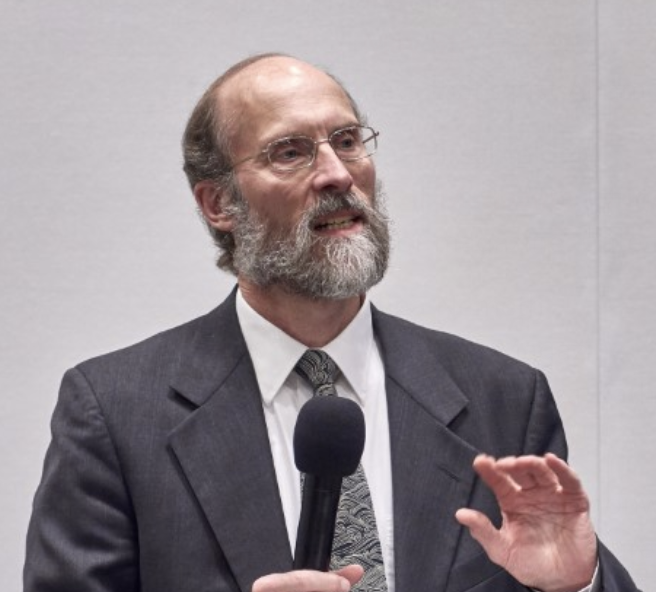A History of Wiretapping in the US
Our privacy was not first invaded by J. Edgar Hoover. They’ve been listening in for far longer than that. Wiretapping is nearly as old as electronic communications. Telegraph operators intercepted enemy messages during the Civil War. Law enforcement agencies were listening to private telephone calls as early as 1895. Communications firms have assisted government eavesdropping programs since the early 20th century―and they have spied on their own customers, too. Such breaches of privacy once provoked outrage, but today most Americans have resigned themselves to constant electronic monitoring. How did we get from there to here?
Hochman explores the origins of wiretapping in military campaigns and criminal confidence games, and tracks the use of telephone taps in the U.S. government’s wars on alcohol, communism, terrorism, and crime. At the same time that high-profile eavesdropping scandals fueled public debates about national security, crime control, and the rights and liberties of individuals, wiretapping became a routine surveillance tactic for private businesses and police agencies alike. Hochman traces the long and surprising history of wiretapping and electronic eavesdropping in the United States, and also explains how earlier generations of Americans confronted these threats to our privacy―threats that seem more urgent now than ever.
NOTES
MLF: Humanities
Hochman photo by and copyright Melissa Majerol.

Brian Hochman
Director of American Studies and Associate Professor of English, Georgetown University; Author, The Listeners: A History of Wiretapping in the United States

In Conversation with George Hammond
Author, Conversations With Socrates
